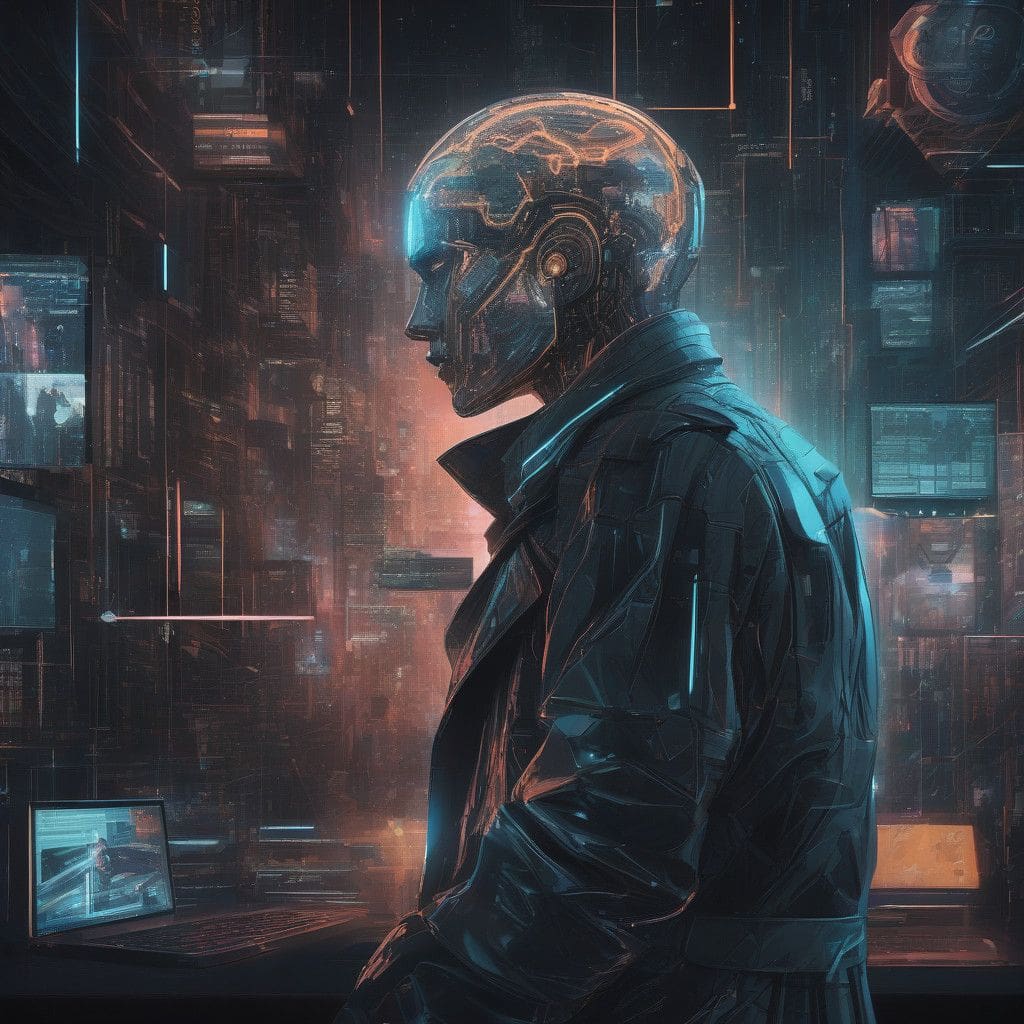Alcon Entertainment, the company behind the cult classic “Blade Runner 2049,” has initiated legal proceedings against Tesla and Warner Bros, accusing them of unauthorized use of AI-generated images that closely resemble iconic scenes from the film. Filed in California, this lawsuit raises significant concerns within both the entertainment and technology industries regarding copyright laws and brand integrity.
The lawsuit claims that Tesla and Warner Bros utilized AI-created visuals reminiscent of the film to promote Tesla’s new autonomous cybercab. Alcon stated that it had explicitly denied Warner Bros’ request to use official images from “Blade Runner” for a promotional event held on October 10. Despite this refusal, it alleges that Tesla proceeded to use the AI-generated images, which mimic the style and essence of “Blade Runner 2049,” thereby misleading the public and potentially implying a partnership between Alcon and Tesla.
Alcon highlights that this incident could confuse its brand partners, particularly in light of its upcoming “Blade Runner 2099” series set to debut on Amazon Prime. The studio has invested significantly in cultivating the “Blade Runner” brand over the years, reported to be in the hundreds of millions. Thus, it views Tesla’s actions as potentially damaging not only to its financial interests but also to the broader integrity of its intellectual property.
Intellectual property rights have become a hot topic in the digital age, particularly as advancements in artificial intelligence continue to shape creative processes. The ambiguity surrounding AI-generated content poses unique challenges for copyright enforcement. For instance, who owns the rights to an image created by an AI model trained on thousands of works, including copyrighted materials? This pressing question complicates matters for creators, producers, and legal experts alike.
The legal action taken by Alcon is a pivotal moment that underscores the necessity for clear frameworks governing the use of AI-generated content. As AI technology grows more sophisticated, the lines between inspiration, homage, and infringement blur. The rise of generative AI poses particular threats to original creators who may find their work appropriated under the guise of innovation.
This lawsuit not only addresses the misuse of “Blade Runner” imagery but also reflects ongoing tensions between artistic creativity and the rights of content creators in an increasingly digitized world. Prominent writers, artists, and producers have voiced concerns about how AI can be used to replicate or simulate their works without proper attribution or compensation. This case adds to a growing number of disputes over intellectual property within the tech space, prompting calls for legislative and regulatory clarity.
As the situation unfolds, the outcome of this lawsuit may set a precedent that could influence future interactions between the tech industry and traditional media. It may force companies to rethink their strategies surrounding AI usage, particularly in promotional campaigns. Furthermore, should the court rule in favor of Alcon, it could embolden other creators to take legal action against similar infringements, thus opening the floodgates for more litigation around the complex intersection of AI and copyright law.
In conclusion, Alcon Entertainment’s legal battle against Tesla and Warner Bros over AI imagery is a reflection of a broader discourse about the rights of creators in the age of artificial intelligence. The implications of this lawsuit stretch beyond the immediate parties involved and resonate throughout the entertainment and tech industries, warning of the potential pitfalls of AI technology when safeguards around intellectual property are insufficiently addressed.












